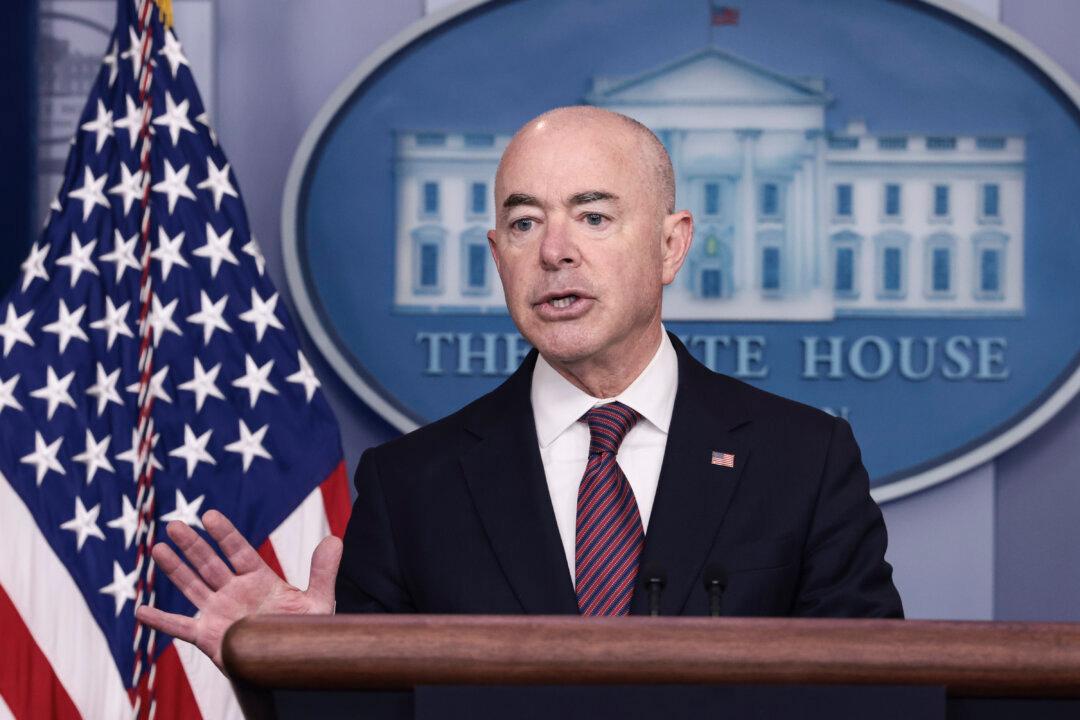The Department of Homeland Security (DHS) will extend the temporary legal status for hundreds of thousands of immigrants from several countries, according to a statement issued by the agency on June 13.
Under President Donald Trump’s administration, the DHS ended the Temporary Protected Status (TPS) designations for El Salvador, Honduras, Nepal, and Nicaragua. But on June 13, those designations were brought back, affecting more than 300,000 people from those countries.





